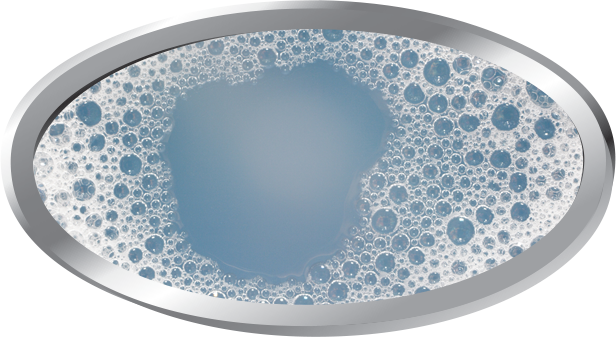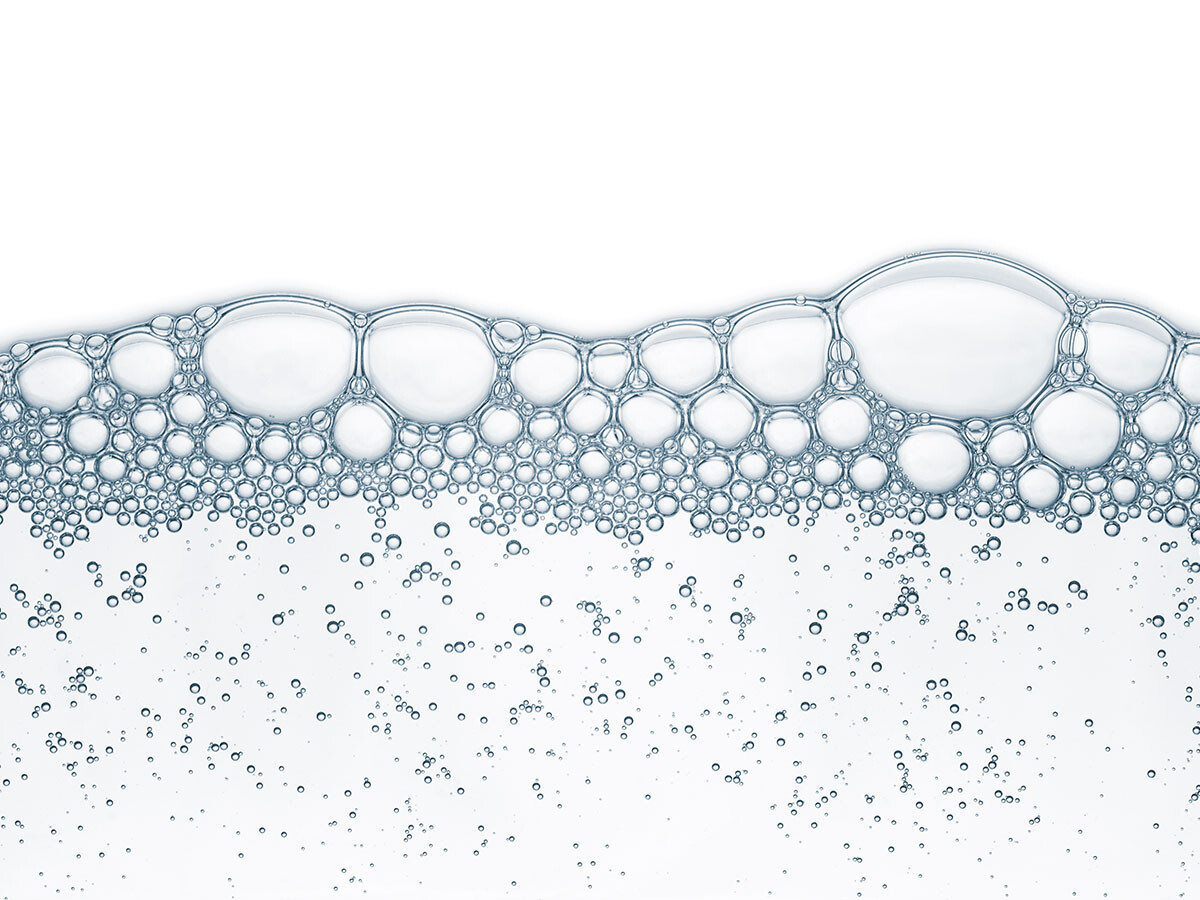The Future of Defoamers: Innovations and Trends in Foam Control Solutions
The Future of Defoamers: Innovations and Trends in Foam Control Solutions
Blog Article
The Role of Defoamers in Enhancing Item High Quality and Performance
In numerous manufacturing procedures, the visibility of foam can dramatically prevent product top quality and operational performance. Defoamers act as essential additives that minimize this concern, making sure smoother manufacturing operations while improving the visual and useful characteristics of the final products (defoamers). Their application covers a plethora of sectors, from food and drink to pharmaceuticals, where uniformity and reliability are critical. The option of the proper defoamer can be crucial to achieving optimal outcomes, raising crucial questions concerning formulation compatibility and performance metrics that merit further expedition.
Comprehending Defoamers
Comprehending the duty of defoamers is essential for maintaining product high quality across various industries. Defoamers are chemical ingredients developed to stop the development and decrease of foam in fluid systems, which can detrimentally affect procedures such as blending, filling up, and surface area tension. Foaming can lead to inefficiencies, item flaws, and compromised visual appeal, making defoamers an important component in making procedures.
In commercial applications, defoamers assist to improve product consistency and stability. The effective use of defoamers not only guarantees smoother production procedures however additionally contributes to superior product performance.
Additionally, the option and formula of a defoamer have to straighten with certain application needs, such as compatibility with various other active ingredients, performance under differing temperature and pH problems, and prospective regulative restraints. Inevitably, recognizing defoamers' functions and their importance in various solutions is critical for maximizing manufacturing and ensuring the finest final product.
Types of Defoamers
Defoamers can be classified into a number of types based upon their composition and device of action. The primary kinds consist of silicone-based, non-silicone organic, and inorganic defoamers.
Silicone-based defoamers are amongst one of the most reliable, largely due to their capability to spread quickly on the fluid surface and interfere with foam development. Their special chemical framework enables for remarkable security, making them ideal for high-temperature applications and atmospheres with varying pH degrees.
Non-silicone natural defoamers, often made up of all-natural oils or fats, are valued for their biodegradability and reduced toxicity. These are generally utilized in food and drink applications where safety and environmental effect are extremely important.
Not natural defoamers, which consist of compounds like talc or calcium carbonate, act by boosting the density of the liquid, therefore reducing foam stability. They are frequently used in commercial processes where compatibility with various other materials is not a concern.
Each sort of defoamer has distinctive benefits and constraints, permitting tailored services depending on the particular lathering problems run into in numerous applications. Recognizing these distinctions is essential for optimizing efficiency and attaining preferred product quality.
Applications Throughout Industries
Countless sectors take advantage of defoamers to enhance item quality and operational effectiveness. In the food and beverage field, defoamers are essential in processes such as developing and milk manufacturing to stop foam development, which can lead to inefficiencies and product incongruity. By regulating foam, producers can make certain far better yield and a much more consistent item.
In the pharmaceutical industry, defoamers play a vital role in the formula of liquid medications, where excessive foam can restrain blending and precise dosing. Their usage helps maintain the stability of the formulations and promotes smoother production procedures.
The paint and layers industry likewise counts on defoamers to improve the performance of items throughout application. By reducing foam, these additives make certain a smoother coating and enhance the visual top qualities of the final item.

Benefits of Using Defoamers
While the application of defoamers varies across sectors, their advantages consistently boost product top quality and procedure efficiency. One considerable benefit is the decrease of foam formation during producing procedures, which can or else result in manufacturing delays and incongruities in product top quality. By reducing foam, defoamers enable a smoother flow of materials, promoting extra effective operations and decreasing the likelihood of tools malfunctions.
In addition, using defoamers can enhance the appearance and structure of end products. In industries such as coverings, paints, and food handling, extreme foam can compromise the visual appearances and overall high quality, while the ideal defoamer application makes certain an uniform finish and preferable characteristics. In addition, defoamers can add to cost savings by reducing waste during production and enhancing using resources (defoamers).

Selecting the Right Defoamer
Choosing the best defoamer is vital for maximizing manufacturing procedures and ensuring item quality. The choice of defoamer influences not only the efficiency of foam control yet also the total efficiency features of the final product. Aspects to take into consideration include the sort of application, the chemistry of the formulation, and the environmental conditions under which the product will certainly be used.
Different home markets may need particular defoamer types, such as silicone-based, organic, or polymeric defoamers. Comprehending the compatibility of the defoamer with the primary ingredients is important to avoid damaging responses that might jeopardize product integrity. In addition, the defoamer's performance in numerous temperature levels and pH levels must be evaluated to ensure regular performance.
Evaluating the defoamer in small-scale applications can provide beneficial understandings right into its performance and viability. Factor to consider of regulatory conformity, particularly in food, pharmaceuticals, and cosmetics, is paramount in picking the original source a defoamer. Ultimately, a thorough evaluation of these variables will cause the option of a defoamer that not only regulates foam effectively but likewise boosts the quality and performance of the final item.
Verdict

Finally, defoamers are crucial additives that considerably enhance item high quality and efficiency throughout numerous industries. By effectively decreasing foam formation, these agents not only improve operational effectiveness however likewise add to the useful and visual integrity of products. The strategic selection and application of defoamers lead to cost savings, enhanced resource use, and enhanced client contentment. In general, the significance of defoamers in commercial procedures can not be overstated, as they play an important function in attaining regular and premium end results.
Foaming can lead to inefficiencies, product defects, and compromised aesthetic appeal, making defoamers an important part in producing procedures.

Report this page